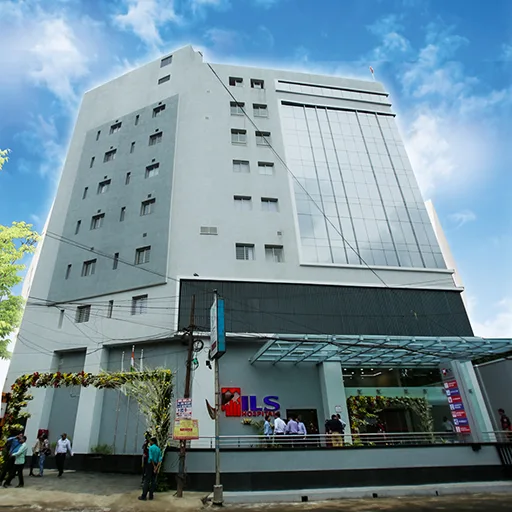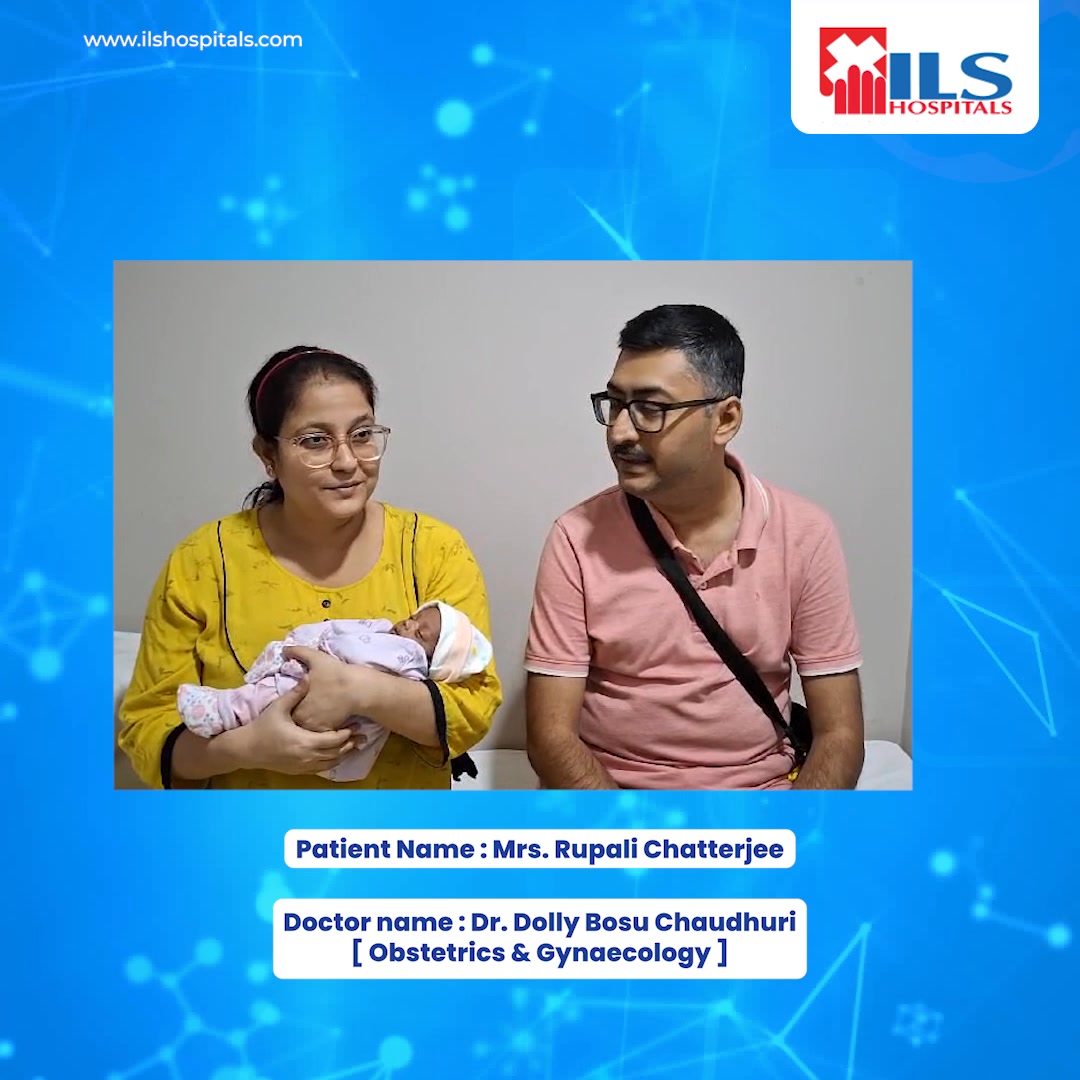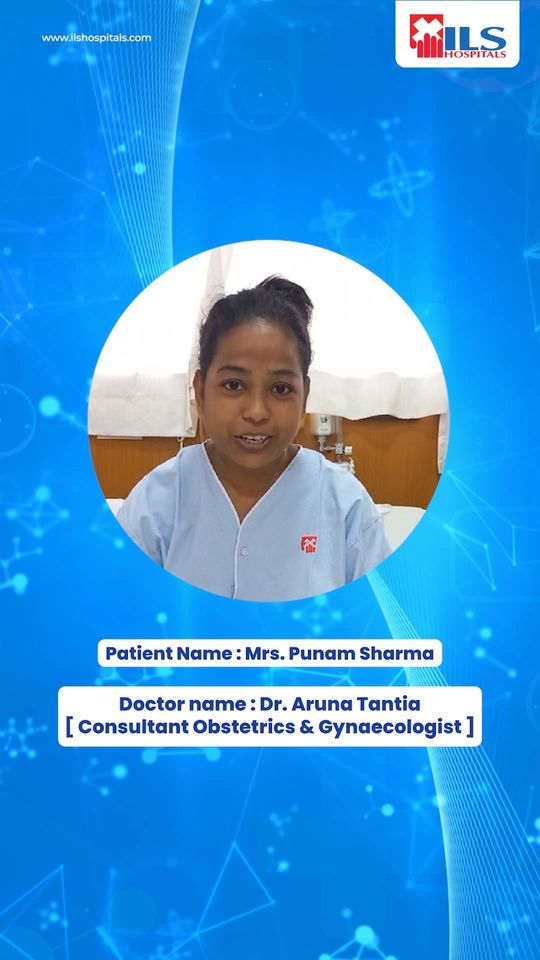Lymphoma
Lymphoma is a type of cancer that affects the lymphatic system, an essential component of the body’s immune system. It occurs when cells in the healthy lymphatic system expand uncontrollably. Lymph nodes are located throughout the body, including the neck, armpits, chest, belly, pelvis, and groin. It also includes other organs such as the spleen, thymus, tonsils, and bone marrow. Lymphoma can affect any of these areas and spread to other organs.
Chemotherapy, radiation therapy, immunotherapy, and stem cell transplants are all part of the customized lymphoma treatment plans at ILS hospitals. Our expert oncologists utilise advanced tools, including biopsies, CT scans, and PET scans, to diagnose and stage lymphoma. To ensure the best possible results, we offer customised treatment plans tailored to the type and stage of lymphoma. We are committed to providing comprehensive, compassionate care to patients with lymphoma, while increasing survival rates and improving quality of life through cutting-edge therapies and supportive care.
Types of Lymphoma
Lymphoma is broadly classified into two major categories:
- Hodgkin Lymphoma (HL): It is characterised by the presence of large, abnormal cancer cells in lymph nodes. It is more common among young individuals, but it can occur at any age.
- Non-Hodgkin Lymphoma (NHL): It is a broad category of lymphomas that develop from various types of lymphocytes. NHL’s aggressiveness in growth and spread varies. Some types move slowly, while others are more aggressive.
Symptoms
Lymphoma symptoms vary depending on the type and location of the cancer. Common indications and symptoms include:
- Fever
- Night sweats
- Fatigue
- Itchy skin
- Lymph nodes in the abdomen, neck, armpits, and groin are enlarged but not painful.
- Pain in the chest, abdomen, or bones.
- Unexplained weight loss
- Some of these symptoms could be mistaken for common illnesses, making early detection difficult.
Causes of Lymphoma
The exact etiological factor of lymphoma is still unclear; however, it is associated with changes in the genetic information in the DNA of white blood cells.
DNA is responsible for a cell’s constant growth, division, and death. In lymphoma, mutations in DNA cause cells to undergo uncontrolled and immature proliferation, which accumulates in lymph nodes and other organs. The excessive production of abnormal lymphocytes can harm the immune system and other essential cell functions.
Risk Factors
Several factors can raise the risk of developing lymphoma.
- Weakened Immune System: Individuals with weaker immune systems, such as those living with HIV or using immunosuppressive medicines after an organ transplant, are at a higher risk.
- Family History: Having a close relative with lymphoma may increase the risk.
- Infections: Certain infections, including Epstein-Barr virus (EBV), Helicobacter pylori, and HIV, have been linked to a higher risk of lymphoma.
- Younger individuals are more affected, but the occurrence becomes more common after age 55
Diagnosis
We conduct a diagnosis to confirm the presence of cancer cells and determine the type of lymphoma.
- Physical Exam: Our doctor will examine the neck and underarms for swollen lymph nodes. They will also ask about medical history and symptoms.
- Biopsy: We perform a biopsy for lymphoma. It involves extracting a small tissue sample from an enlarged lymph node and examining it under a microscope.
- Imaging Tests: Imaging scans help determine the extent of cancer spread. This may include:
- CT scan
- MRI scan
- PET scan
Treatment Options
Treatment for lymphoma at ILS hospitals varies according to the patient’s needs. Common treatment options include the following:
- Chemotherapy: Certain drugs are used to destroy cancer cells. To improve efficacy, various chemotherapeutic medicines are routinely used in combination.
- Immunotherapy: This process helps the body’s immune system detect and fight cancer cells. It aids immune cells in identifying and eliminating lymphoma cells that may evade detection.
- Targeted Therapy: This procedure inhibits the growth of cancer cells by targeting certain chemicals within them. It is useful for targeting genetic abnormalities.
- Radiation Therapy: We use the procedure to eliminate cancer cells by utilizing high-energy beams such as X-rays.
- CAR-T Cell Therapy: This is an advanced type of immunotherapy at ILS hospitals in which T cells are removed from the patient, modified in the laboratory, and then reintroduced into the body. It’s used when no other treatment option is effective.
- Bone Marrow (Stem Cell) Transplant: We replace damaged bone marrow with healthy stem cells from a donor or the patient’s cells. The malignant cells are removed prior to the transplant using high-dose chemotherapy or radiation.









































